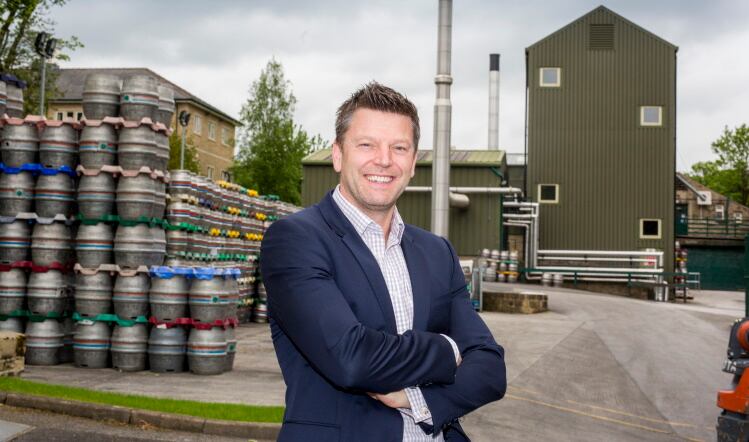AAK has entered a formal consultation process with union delegates to carry out a production consolidation and subsequent closure of its site in Merksem, Belgium. The production site employs about100 people and is predominantly a bakery fats plant, mainly producing margarines and shortenings for the industrial market in continental Europe.
The proposed consolidation would see a transfer of production to the manufacturer’s sits in Hull, UK and Zaandijk, the Netherlands, after which the Merksem site would be closed.
Transferring production equipment
Production equipment from the Merksem site would be transferred to Hull and Zaandijk in order to manager to potential additional volumes.
AAK expected the restructuring to cost the business €30m (£25.7m), of which €20m (£17.1m) would be non-cash flow impact. The closure of the Merksem site was forecast to save the manufacturer €5m (£4.3m) in annual cost reductions and productivity gains.
Commenting on the proposals, AAK Group president and chief executive Johan Westman said: “The proposed production consolidation would optimize our Bakery segment in line with our portfolio strategy.
Maintain presence in Europe
“We will maintain our strong presence in the European industrial bakery market and continue to support our customers with the same high level of dedication and service.”
AAK’s consolidation plans followed a trend among food and drink manufacturers looking to focus in on their core product offering by shedding non-essential parts of their businesses.
2 Sisters Food Group has shed much of its branded business as it concentrated on its poultry division – most recently it sold off part of Fox’s Biscuits in October last year for £246m. In May, egg processor Noble foods agreed to sell premium chilled deserts brand Gü to Exponent for an undisclosed sum.
Meanwhile, Pladis, the global snacking company, has announced a proposal to close its factory in Tollcross, Glasgow, subject to a full and meaningful consultation with employees putting 468 workers at risk of redundancy.





